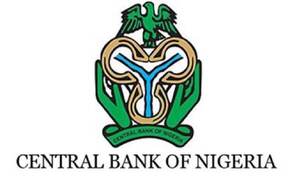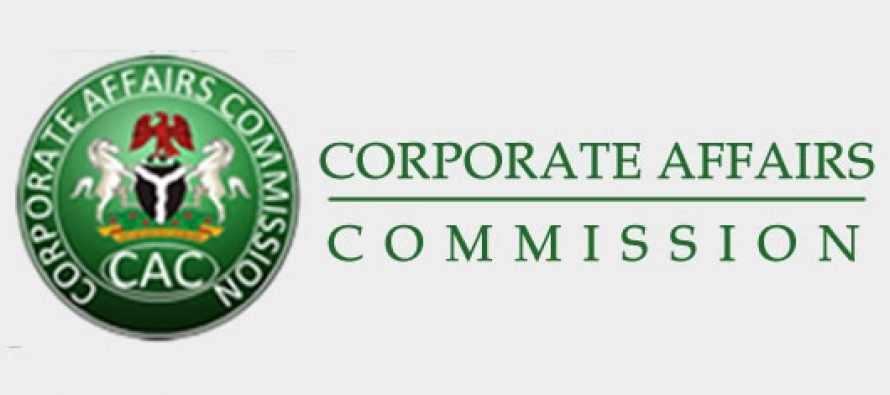Requirements For Fintech & Payment Solution Service Providers In Nigeria
- Ola
- July 17, 2022
The financial sector is one of the most regulated sectors in Nigeria. As such, companies operating in the sector are required to meet stringent requirements before they can operate in the country. For a Fintech company to operate legally in Nigeria, it must get a license from the CBN. The Central Bank of Nigeria (CBN) is the regulatory body saddled with the statutory duty of administering the affairs of the financial activities in Nigeria. According to the information published by the CBN in 2021, there are six (6) license categories for Fintech companies in Nigeria, which are Switching and Processing license, Mobile Money Operator license, Payment Solution Services (PSS) license, Payment Terminal Service Provider (PTSP) license, Payment Solution Service Providers (PSSP) license, Super Agent license. LICENCE CATEGORY CAPITAL REQUIREMENT 1. SWITCHING AND PROCESSING LICENCE 1. N2,000,000,000.00 shareholders’ funds unimpaired by losses. 2. Preceding 3-years audited financial statements of the company (If applicable). 3. Deposit of refundable N2, 000, 000, 000 in Escrow into CBN PSP Share Capital Deposit Account in one lump sum and made in the name of the company applying for the licence. The Escrowed funds are invested in treasury bills, subject to availability of treasury instruments and would be refunded accordingly. 2. MOBILE MONEY OPERATOR LICENCE 1. N2,000,000,000.00 shareholders’ funds unimpaired by losses. 2. Preceding 3-years audited financial statements of the company (If applicable). 3. Deposit of refundable N2, 000, 000, 000 in Escrow into CBN PSP Share Capital Deposit Account in one lump sum and made in the name of the company applying for the licence. The Escrowed funds are invested in treasury bills, subject to availability of treasury instruments and would be refunded accordingly. 3. PAYMENT SOLUTION SERVICES (PSS) 1. N250,000,000.00 shareholders’ funds unimpaired by losses 2. Preceding 3-years audited financial statements of the company (If applicable) 3. Deposit of refundable N250, 000, 000(for entities applying for the three (3) licences at the same time: PSSP – N100m, PTSP – N100m, and Super Agent – N50m) in Escrow into CBN PSP Share Capital Deposit Account in one lump sum and made in the name of the company applying for the licence. The Escrowed funds are invested in treasury bills, subject to availability of treasury instruments and would be refunded accordingly. 4. PAYMENT TERMINAL SERVICE PROVIDER (PTSP) LICENCE 1. N100,000,000.00 shareholders’ funds unimpaired by losses. 2. Preceding 3-years audited financial statements of the company (If applicable). 3. Deposit of refundable N100, 000, 000 in Escrow into CBN PSP Share Capital Deposit Account in one lump sum and made in the name of the company applying for the licence. The Escrowed funds are invested in treasury bills, subject to availability of treasury instruments and would be refunded accordingly. 5. PAYMENT SOLUTION SERVICE PROVIDER (PSSP) 1. N100,000,000.00 shareholders’ funds unimpaired by losses. 2. Preceding 3-years audited financial statements of the company (If applicable). 3. Deposit of refundable N100, 000, 000 in Escrow into CBN PSP Share Capital Deposit Account in one lump sum and made in the name of the company applying for the licence. The Escrowed funds are invested in treasury bills, subject to availability of treasury instruments and would be refunded accordingly. 6. SUPER AGENT LICENCE 1. N50,000,000.00 shareholders’ funds unimpaired by losses. 2. Preceding 3-years audited financial statements of the company (If applicable). 3. Deposit of refundable N50, 000, 000 in Escrow into CBN PSP Share Capital Deposit Account in one lump sum and made in the name of the company applying for the licence. The Escrowed funds are invested in treasury bills, subject to availability of treasury instruments and would be refunded accordingly. Bloovera helps entrepreneurs across the world take care of all their business, creative and digital needs. Do you have any question or you would like us to be of help, feel free to reach out to us on any of our contact channels. Call/WhatsApp +23409053334874





